The consequences of human settlement on the landscape are not limited to changing the appearance of places, but they can literally make the environment unfit to live in something of which they insist on, transforming a river, once a source of life, into the cause of disease and death for those who live in its vicinity
It is in Bangladesh that the waters of the river Buriganga flow. When the present capital was founded in 1610 the river was simultaneously an arterial route for commercial traffic with the rest of the country and a source of drinking water. Today, nearly 21,600 cubic metres of industrial wastewater end up in the Buriganga daily. Every day about 150 tons of solid pollutants reach the coast.
«60% of the pollution of the Buriganga is caused by the tanneries, 30% by other state-owned companies such as construction and 10% from the inhabitants of the city – says Jamil Sharif, activist and founder of the Buriganga River Keeper – There is no sign of life in the river, and it gets worse every year. The Buriganga gave life to Dhaka, but now it is killing her».
For Human Rights Watch, the international association for the defence of human rights, more than fifteen million people in Dhaka continuously suffer a systematic violation of their rights by using water from the poisoned river. You can easily find hexavalent chromium, mercury, sulphuric acid, toluene, formaldehyde, cadmium and chromium acetate, in addition to residues of meat and fur in the Buriganga.
|
|
According to the report Toxic Tanneries, compiled by Human Rights Watch in 2012, in the waters of the Buriganga, to make matters worse, it is indeed easy to find, the organic waste used in the processing of the tanning, containing in turn strong pollutant agents harmful to humans. Waste, which, moreover, is typically used in the production of animal feed for fish and poultry.
There are thousands of cases of severe intoxication, often with fatal consequences for both workers employed in the tanneries and for those who live in the surrounding areas. Any attempt to defend the river, however, can be even more dangerous than immerging in it, as testified by the death of Aminul Islam, an activist killed in April 2012: on his body were found clear signs of torture. Over thirty-five activists have been killed or are missing after trying to make the population aware of the risks deriving from the pollution of the Buriganga.
It is no coincidence, perhaps, that many owners of the tanneries are also members of the government or corporations involved in the leather manufacturing business that is estimated to have a turnover of about 400 million dollars a year.
[ Sandro Iovine ]
|
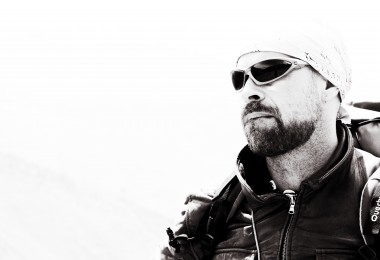 Ugo Lucio Borga - Ugo Lucio Borga (b. 1972, Italy) is an award winning photojournalist and writer focusing on war reporting, humanitarian and social features throughout Africa, Asia, South America, Middle East, Europe. His articles and reportage have appeared on many newspapers, magazines, tv and radio including The Guardian, The Observer, Die Zeit, La Vanguardia Magazine (Spain), Courrier International (France), Die Presse (Austria),Tyzden (Slovakia), Haaretz, Gazeta Wyborcza (Poland), Alpha Magazine (UAE), Africa Magazine, L’Espresso, Il Sole24Ore, Panorama, Rolling Stone, La Stampa, Vanity Fair, Il Venerdi di Repubblica, Il Corriere della Sera, Rai3, Rainews24, Channel4, Radio24, RadioRSI. He has reported extensively from countries such as Syria, Lybia, Somalia, Rwanda, Kosovo, Mali, Guinea, Sry Lanka, Indonesia, covering, among others, the Arab Spring, the civil war in RDC, RCA, Somalia, Lybia, Syria, and the religious clashes emergency in Northern Lebanon. In 2009, his exclusive feature documentary on the Somali war appeared on Channel 4. He received the first prize at the 2011 Novinarska Cena Journalism Award for a series of stories on rebels during the Libyan war. Ugo Lucio Borga join Echo Photo Agency in 2013.
Ugo Lucio Borga - Ugo Lucio Borga (b. 1972, Italy) is an award winning photojournalist and writer focusing on war reporting, humanitarian and social features throughout Africa, Asia, South America, Middle East, Europe. His articles and reportage have appeared on many newspapers, magazines, tv and radio including The Guardian, The Observer, Die Zeit, La Vanguardia Magazine (Spain), Courrier International (France), Die Presse (Austria),Tyzden (Slovakia), Haaretz, Gazeta Wyborcza (Poland), Alpha Magazine (UAE), Africa Magazine, L’Espresso, Il Sole24Ore, Panorama, Rolling Stone, La Stampa, Vanity Fair, Il Venerdi di Repubblica, Il Corriere della Sera, Rai3, Rainews24, Channel4, Radio24, RadioRSI. He has reported extensively from countries such as Syria, Lybia, Somalia, Rwanda, Kosovo, Mali, Guinea, Sry Lanka, Indonesia, covering, among others, the Arab Spring, the civil war in RDC, RCA, Somalia, Lybia, Syria, and the religious clashes emergency in Northern Lebanon. In 2009, his exclusive feature documentary on the Somali war appeared on Channel 4. He received the first prize at the 2011 Novinarska Cena Journalism Award for a series of stories on rebels during the Libyan war. Ugo Lucio Borga join Echo Photo Agency in 2013.
web site
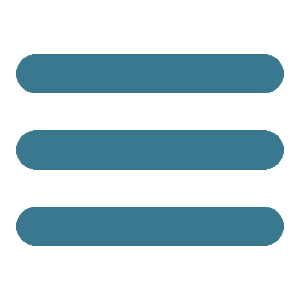
 home
cover ▼
opinions
news ▼
portfolio
post.it
post.cast
video
ongoing
thematicpaths
googlecards
FPtag
home
cover ▼
opinions
news ▼
portfolio
post.it
post.cast
video
ongoing
thematicpaths
googlecards
FPtag

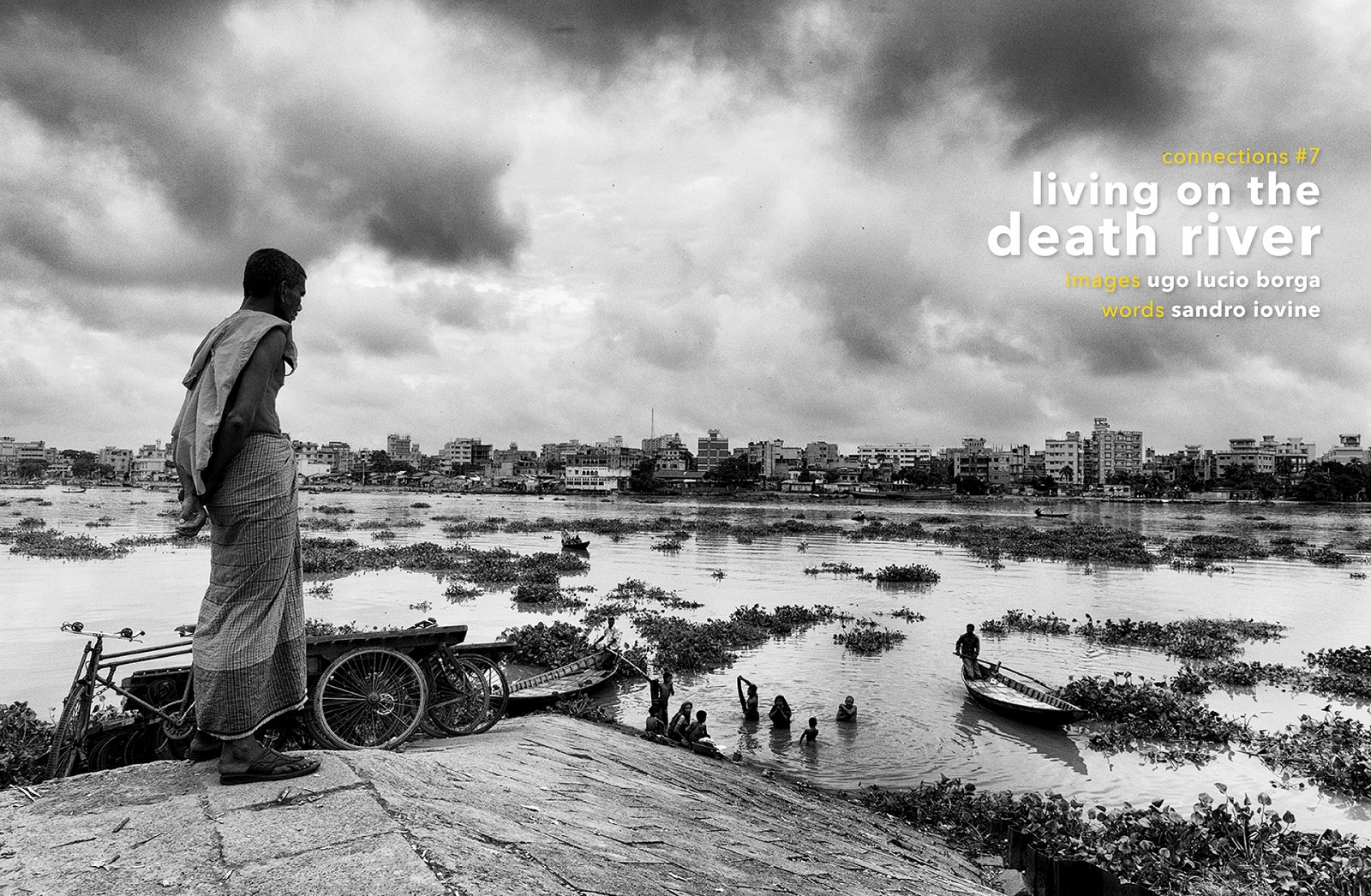

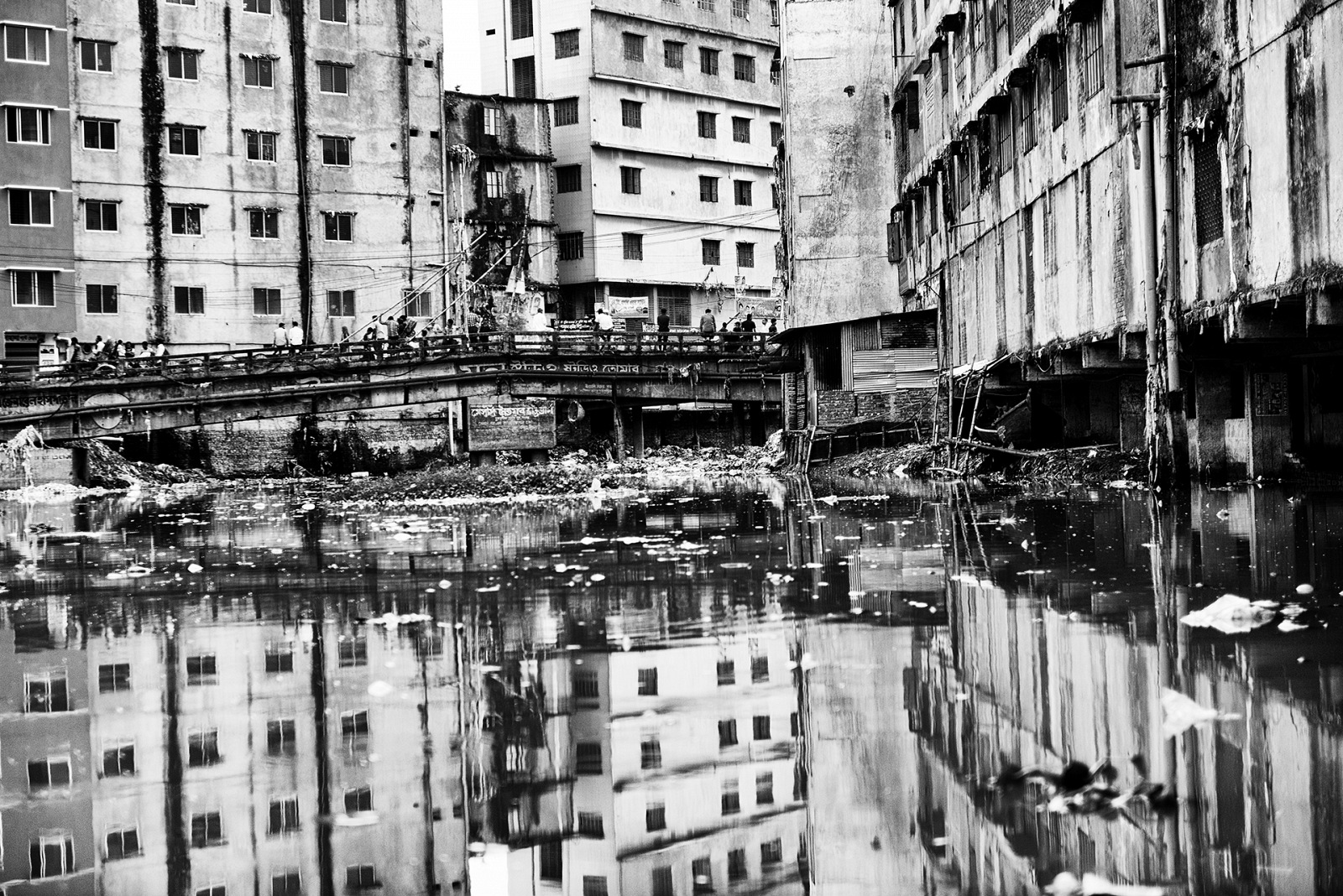
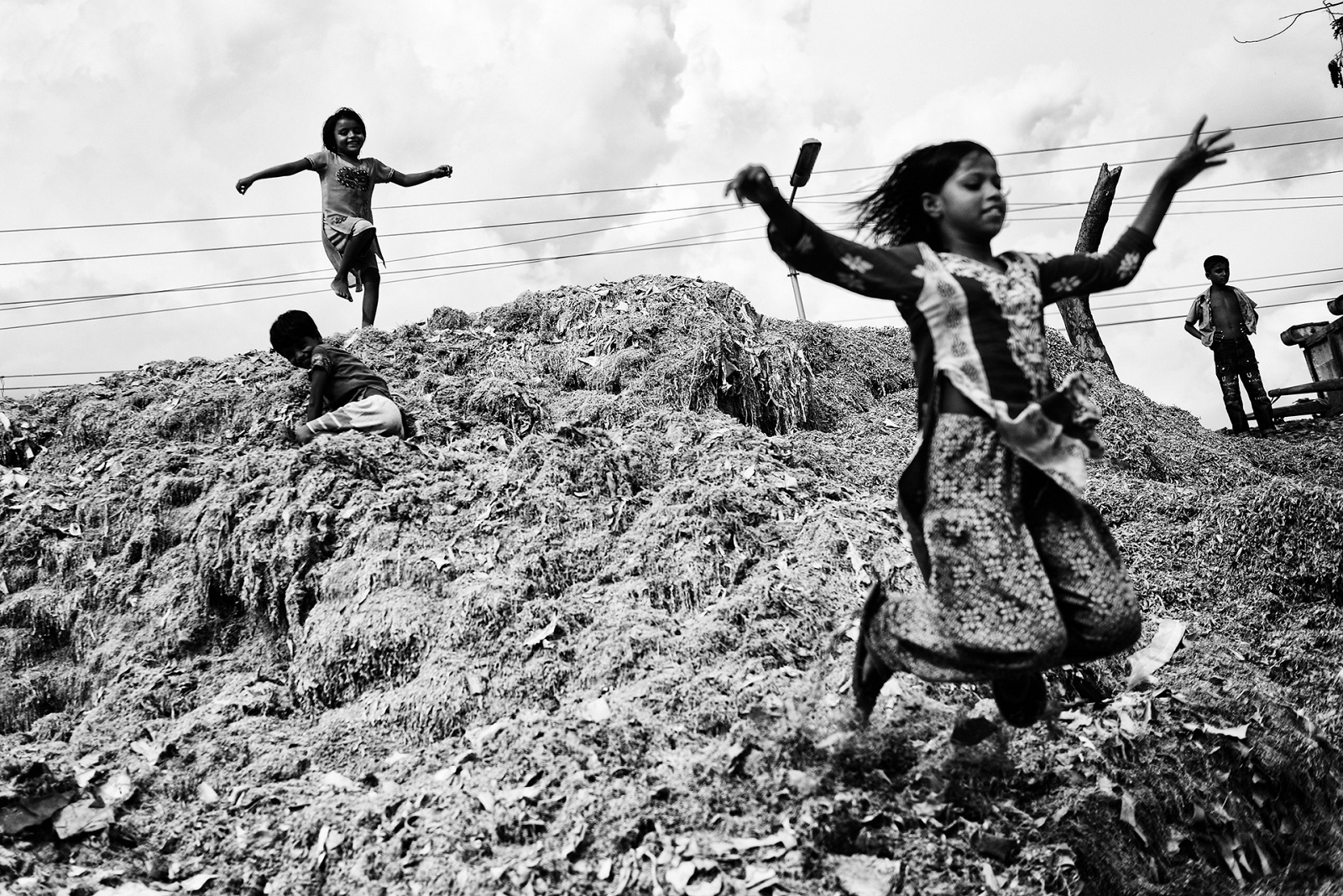



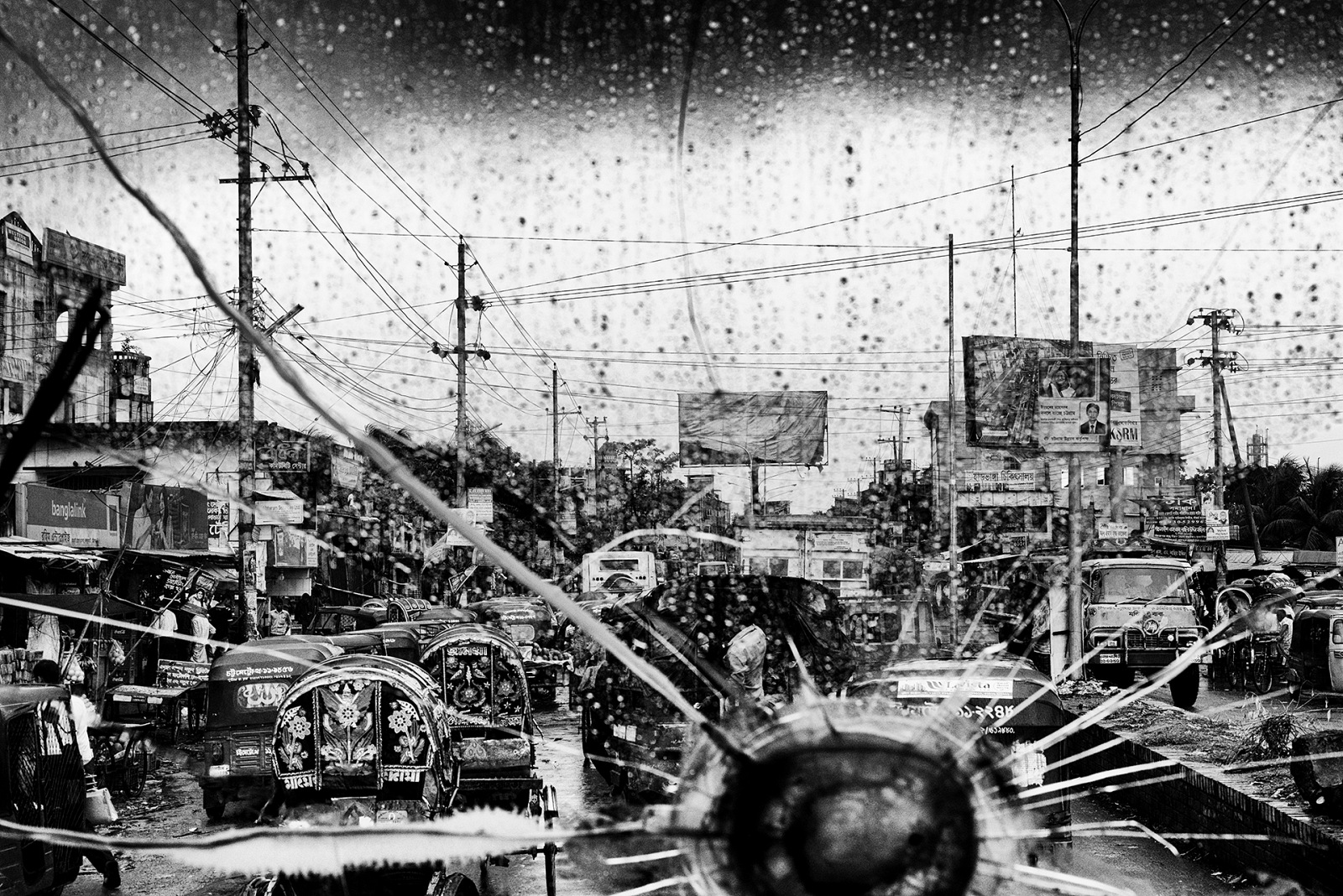
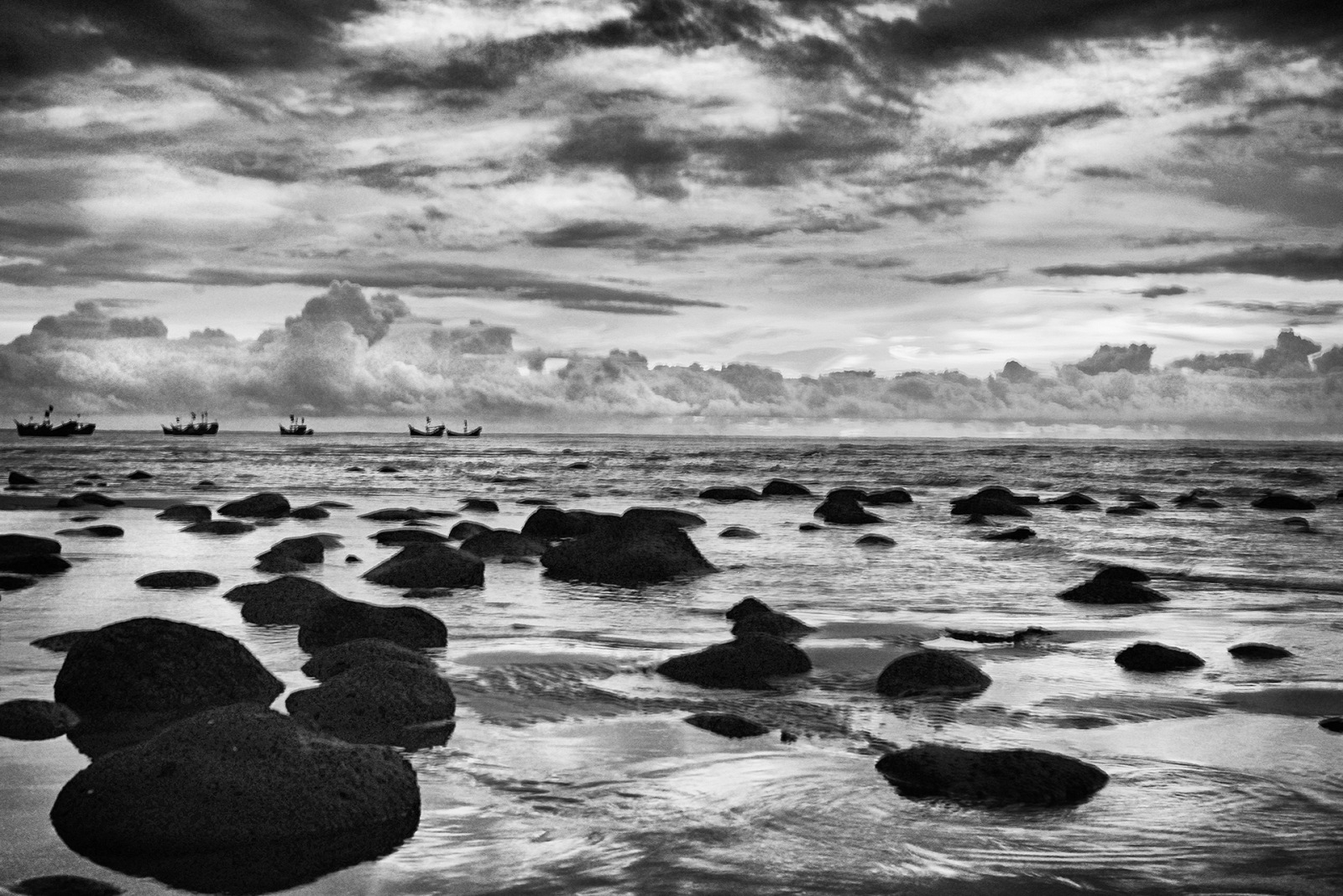

 Ugo Lucio Borga - Ugo Lucio Borga (b. 1972, Italy) is an award winning photojournalist and writer focusing on war reporting, humanitarian and social features throughout Africa, Asia, South America, Middle East, Europe. His articles and reportage have appeared on many newspapers, magazines, tv and radio including The Guardian, The Observer, Die Zeit, La Vanguardia Magazine (Spain), Courrier International (France), Die Presse (Austria),Tyzden (Slovakia), Haaretz, Gazeta Wyborcza (Poland), Alpha Magazine (UAE), Africa Magazine, L’Espresso, Il Sole24Ore, Panorama, Rolling Stone, La Stampa, Vanity Fair, Il Venerdi di Repubblica, Il Corriere della Sera, Rai3, Rainews24, Channel4, Radio24, RadioRSI. He has reported extensively from countries such as Syria, Lybia, Somalia, Rwanda, Kosovo, Mali, Guinea, Sry Lanka, Indonesia, covering, among others, the Arab Spring, the civil war in RDC, RCA, Somalia, Lybia, Syria, and the religious clashes emergency in Northern Lebanon. In 2009, his exclusive feature documentary on the Somali war appeared on Channel 4. He received the first prize at the 2011 Novinarska Cena Journalism Award for a series of stories on rebels during the Libyan war. Ugo Lucio Borga join Echo Photo Agency in 2013.
Ugo Lucio Borga - Ugo Lucio Borga (b. 1972, Italy) is an award winning photojournalist and writer focusing on war reporting, humanitarian and social features throughout Africa, Asia, South America, Middle East, Europe. His articles and reportage have appeared on many newspapers, magazines, tv and radio including The Guardian, The Observer, Die Zeit, La Vanguardia Magazine (Spain), Courrier International (France), Die Presse (Austria),Tyzden (Slovakia), Haaretz, Gazeta Wyborcza (Poland), Alpha Magazine (UAE), Africa Magazine, L’Espresso, Il Sole24Ore, Panorama, Rolling Stone, La Stampa, Vanity Fair, Il Venerdi di Repubblica, Il Corriere della Sera, Rai3, Rainews24, Channel4, Radio24, RadioRSI. He has reported extensively from countries such as Syria, Lybia, Somalia, Rwanda, Kosovo, Mali, Guinea, Sry Lanka, Indonesia, covering, among others, the Arab Spring, the civil war in RDC, RCA, Somalia, Lybia, Syria, and the religious clashes emergency in Northern Lebanon. In 2009, his exclusive feature documentary on the Somali war appeared on Channel 4. He received the first prize at the 2011 Novinarska Cena Journalism Award for a series of stories on rebels during the Libyan war. Ugo Lucio Borga join Echo Photo Agency in 2013.